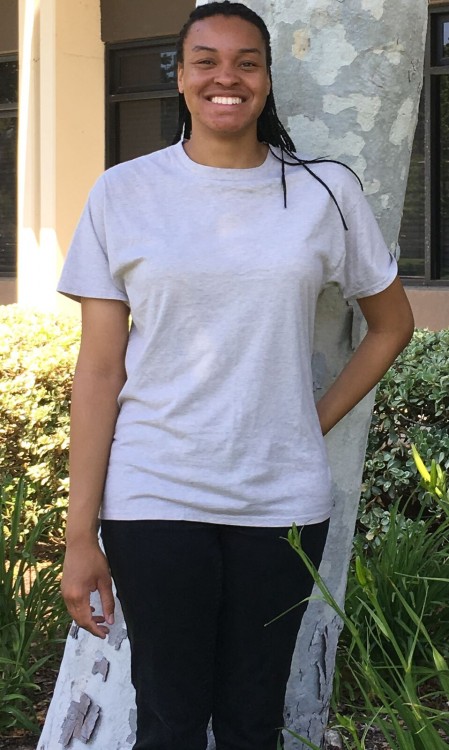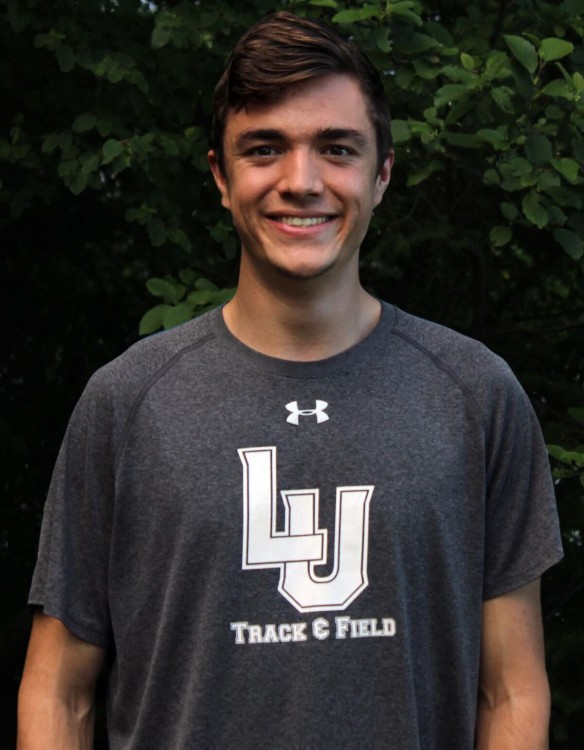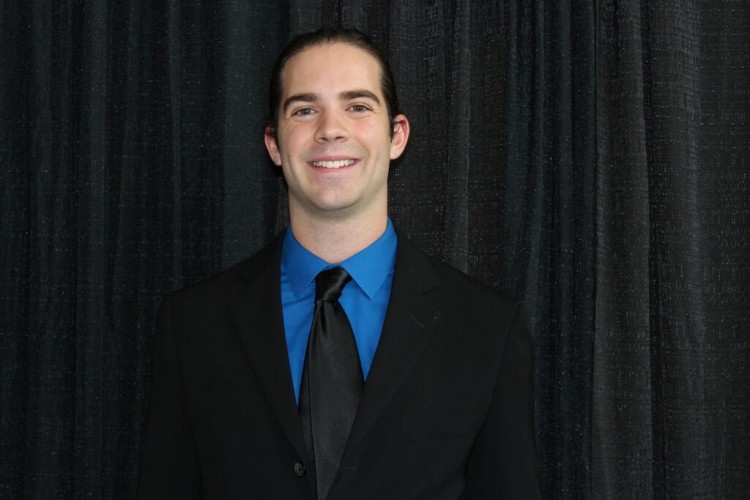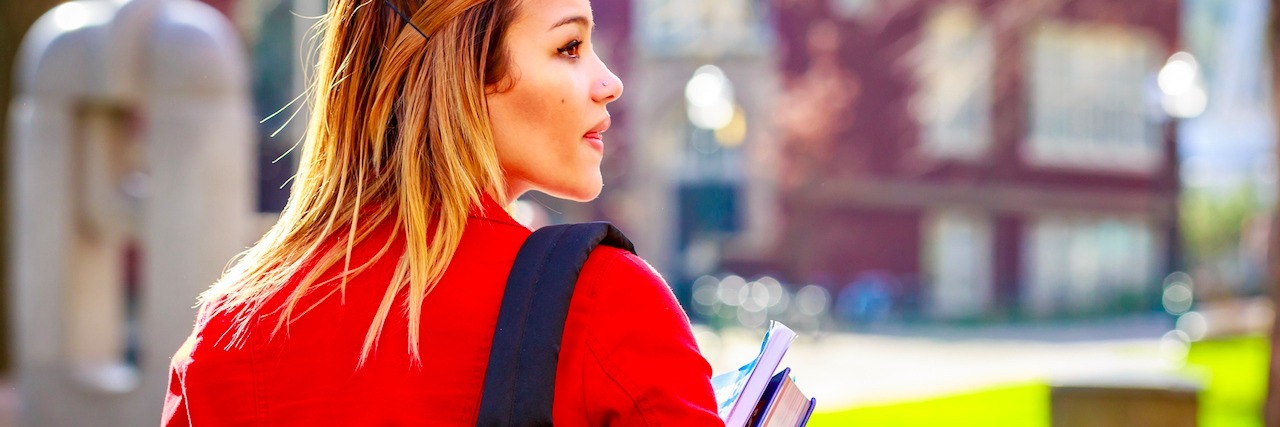Far too often, it seems like student health only becomes a topic of public conversation when there’s a tragedy, like a student suicide or school shooting. The media headlines focus solely on what schools are doing wrong and where they are falling short. And when success in campus health is discussed, mental health is often ignored.
Active Minds was tired of that trend. We wanted to change the conversation (that’s kind of our thing).
So last year, we launched the Active Minds Healthy Campus Award. The HCA recognizes and celebrates U.S. colleges and universities that are prioritizing health and making great progress towards creating a campus that promotes the health and well-being of its students. It champions schools giving equal attention and investment to mental health alongside physical health.
Active Minds is excited to announce the winners of the 2016 Healthy Campus Award: California State University, Long Beach; Jefferson College; Lawrence University; Sacramento State; School of the Art Institute of Chicago; and the University of Wisconsin-Madison. Learn more about the award and 2016 winners here.
We asked all award applicants to submit student testimonials along with their materials. Why? We wanted to hear directly from students explaining how their campuses are among the healthiest in the nation. What we received was nothing short of awe-inspiring; read on for six stories of how the 2016 Healthy Campus Award winners are going above-and-beyond in student health and wellness.
1. They’re making sure mental health services are available to all students.
 “Growing up, I never felt like I could catch a break. I was bullied in high school and struggled with terrible depression. I was never financially (or emotionally) stable. I started to self-harm as a way to cope. I didn’t think I would ever see the light at the end of the tunnel.
“Growing up, I never felt like I could catch a break. I was bullied in high school and struggled with terrible depression. I was never financially (or emotionally) stable. I started to self-harm as a way to cope. I didn’t think I would ever see the light at the end of the tunnel.
It wasn’t until I enrolled at Jefferson College that I was able to start seeing a therapist (thanks to Jefferson’s free counseling service) and finally started to work through my painful past. I’m living proof that, if provided with access to these important resources, any student can thrive in college. Jefferson may not be Harvard or Yale, but our school has our backs and takes care of us until we move on to bigger and better things. And that’s what I want in a college.”
— Hayley Arbuthnot, Art Major, Jefferson College
2. They’re helping homeless and food-insecure students access the basic resources they need.
 “Looking at me now, you would probably never know I used to be homeless. For nine years, my mom and I bounced between friends’ houses, shelters, hotels and hospitals.
“Looking at me now, you would probably never know I used to be homeless. For nine years, my mom and I bounced between friends’ houses, shelters, hotels and hospitals.
My freshman year at CSULB, I told a faculty member about my living situation and she referred me to the Student Emergency Intervention Program. It helped me get through one of the scariest and most difficult times of my life.
Before enrolling in the program, I would skip lunch so I had enough money to buy dinner for my mom and me. The program placed meals on my student ID card to eat healthy at one of three Residential Dining Commons. The program also helped me move from an emergency shelter to emergency housing in the Campus Residential Hall.
I was able to pass all my classes and finish the year with a 3.3 GPA. When I graduate next year, my goal is to become a high school history teacher. I want to inspire youth to achieve their full potential and help young people like CSULB helped me.”
— Shellv Candler, History Major, California State University, Long Beach
3. They’re giving students access to cutting-edge wellness technology.
 “As a college athlete, mental and physical wellness is a huge part of my life. The Lawrence University Wellness Center has helped me be my healthiest, happiest and most balanced self in the classroom and on the track. The wellness center’s biofeedback machine sessions helped me manage my pre-race nerves and other areas of my life – I reached an unprecedented level of calmness and focus before my track races and was attentive and cool during high pressure academic exams. The resulting control I gained over virtually every area of my life was astounding.”
“As a college athlete, mental and physical wellness is a huge part of my life. The Lawrence University Wellness Center has helped me be my healthiest, happiest and most balanced self in the classroom and on the track. The wellness center’s biofeedback machine sessions helped me manage my pre-race nerves and other areas of my life – I reached an unprecedented level of calmness and focus before my track races and was attentive and cool during high pressure academic exams. The resulting control I gained over virtually every area of my life was astounding.”
— Max Edwards, Economics Major, Lawrence University
4. They’re offering a wide-range of student health services and programs.
 “As a first-generation Pakistani college student, I was raised in a culture that does not talk about holistic health or mental health. It has been truly life-changing to experience Sacramento State’s many wellness programs. There are so many resources to choose from – holistic health workshops, nutrition and diet analyses, cooking demos, information on both safe sex and reproductive health, as well as alcohol and substance abuse. I decided to join the Peer Health Education Program so I could share my passion for health and wellness with my fellow Hornets. I love overhearing students talk about the stress management practices they picked up from a presentation I gave in one of their classes.”
“As a first-generation Pakistani college student, I was raised in a culture that does not talk about holistic health or mental health. It has been truly life-changing to experience Sacramento State’s many wellness programs. There are so many resources to choose from – holistic health workshops, nutrition and diet analyses, cooking demos, information on both safe sex and reproductive health, as well as alcohol and substance abuse. I decided to join the Peer Health Education Program so I could share my passion for health and wellness with my fellow Hornets. I love overhearing students talk about the stress management practices they picked up from a presentation I gave in one of their classes.”
— Tracia Rochelle, Master’s Degree in Social Work Student, Sacramento State
5. They step in and help when students are at-risk of dropping out.
 “When I moved to Chicago for college last year, it was extremely difficult to find housing and I soon found myself homeless. Although I had been involved in cognitive therapy for many years, the trauma and stress of having nowhere to live sent me into a mental health tailspin. Simply put, my time at the Institute was in very real danger of coming to a rapid end before it had any real chance to begin. But thanks to the support of a number of campus departments and the Art Institute’s Wellness Center, I was able to complete what was an exceptionally trying first semester and proceed into the next with greater confidence and a strong sense of trust in my school. The seven months I have been at SAIC have been more than enough to convince me of the Institute’s deep commitment to improving the mental health and overall wellness of all members of its community.”
“When I moved to Chicago for college last year, it was extremely difficult to find housing and I soon found myself homeless. Although I had been involved in cognitive therapy for many years, the trauma and stress of having nowhere to live sent me into a mental health tailspin. Simply put, my time at the Institute was in very real danger of coming to a rapid end before it had any real chance to begin. But thanks to the support of a number of campus departments and the Art Institute’s Wellness Center, I was able to complete what was an exceptionally trying first semester and proceed into the next with greater confidence and a strong sense of trust in my school. The seven months I have been at SAIC have been more than enough to convince me of the Institute’s deep commitment to improving the mental health and overall wellness of all members of its community.”
— Christian Gion, Master’s Degree in Art student, School of the Art Institute of Chicago
6. They’re tackling unhealthy cultures around masculinity and violence.
 “This past year, I joined Greek Men for Violence Prevention, a program for fraternity brothers who want to end gender inequity and sexual assault. Sexual violence is a major issue on college campuses right now and at UW-Madison, fraternities play a big role in facilitating the conversation about positive decision making, healthy relationships and violence prevention. We grapple with the stigma of sexual assaults being associated with our organizations while also learning how to address the pervasive problem of gender inequity. We want all brothers to know how to make our campus a healthier, safer place.”
“This past year, I joined Greek Men for Violence Prevention, a program for fraternity brothers who want to end gender inequity and sexual assault. Sexual violence is a major issue on college campuses right now and at UW-Madison, fraternities play a big role in facilitating the conversation about positive decision making, healthy relationships and violence prevention. We grapple with the stigma of sexual assaults being associated with our organizations while also learning how to address the pervasive problem of gender inequity. We want all brothers to know how to make our campus a healthier, safer place.”
— Dominic Ricci, Marketing Major, University of Wisconsin-Madison
Want to help make your school one of the healthiest campuses in the country?
Winning schools all report that student leadership and involvement is key to their success. If you’re looking for some ideas on where to start, check out the Key Findings Report from the Healthy Campus Award winners and sign up to take advantage of our free resources for student advocates called Transform Your Campus.

